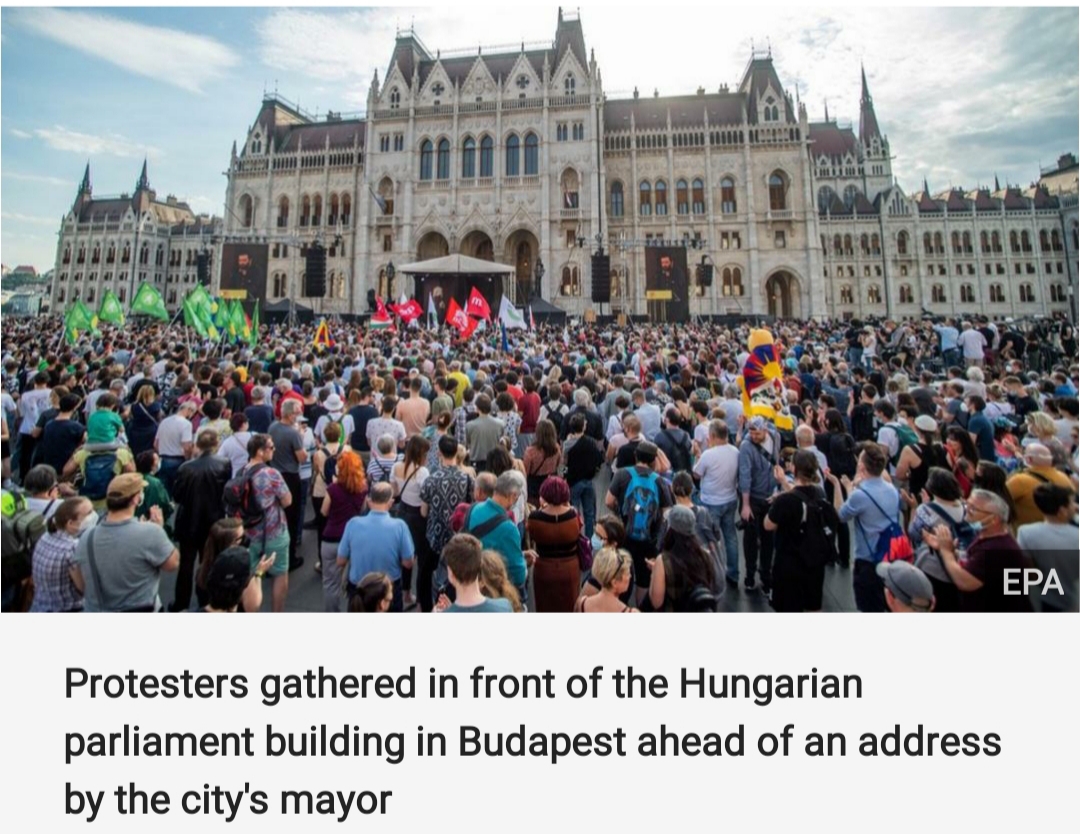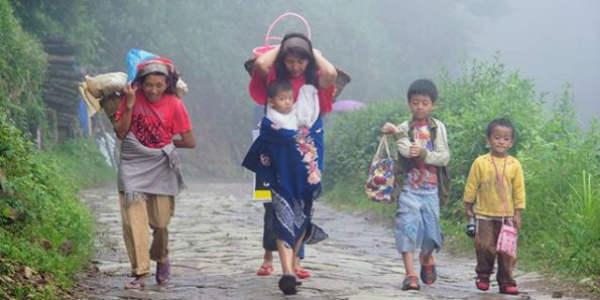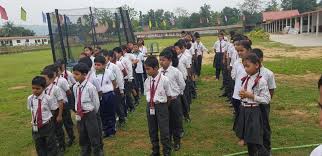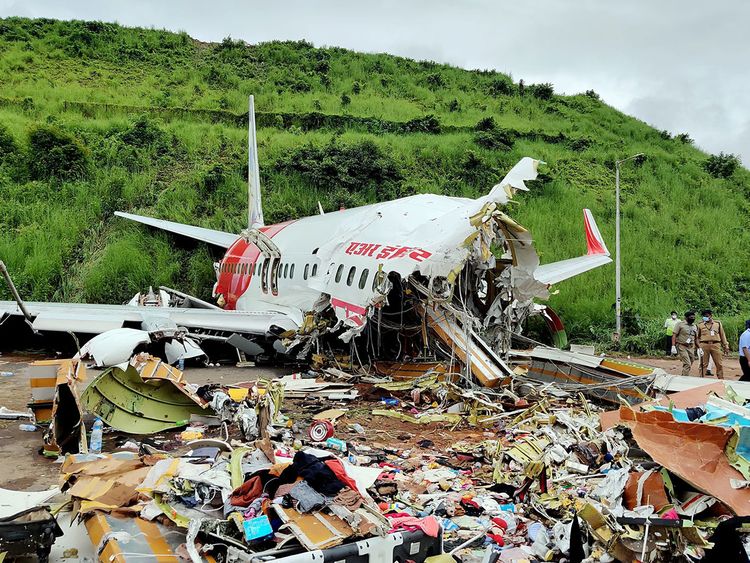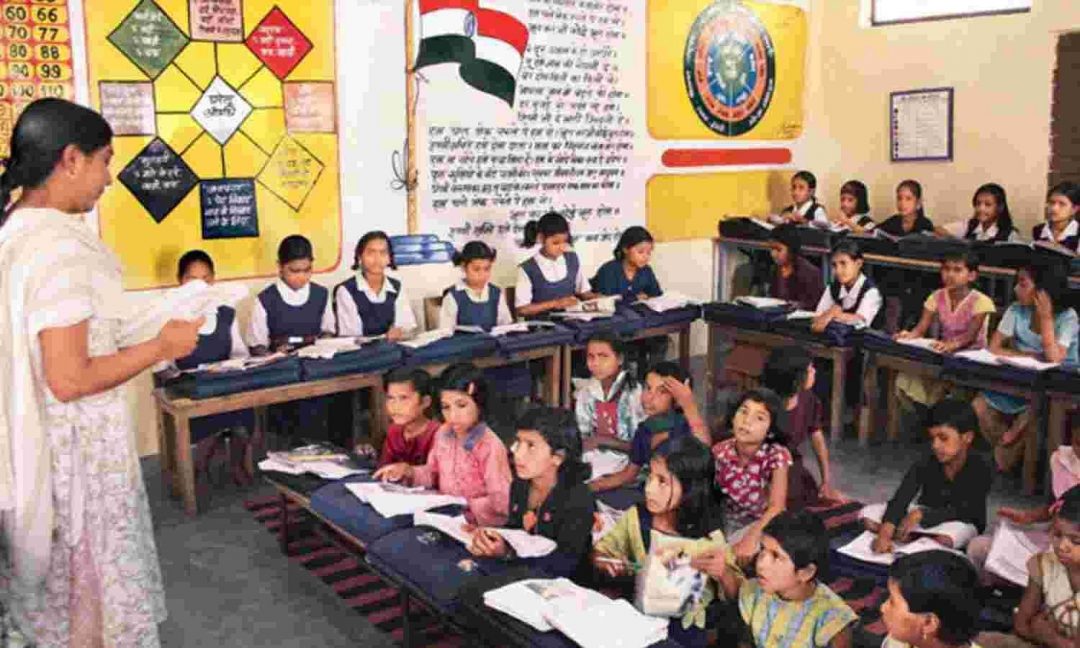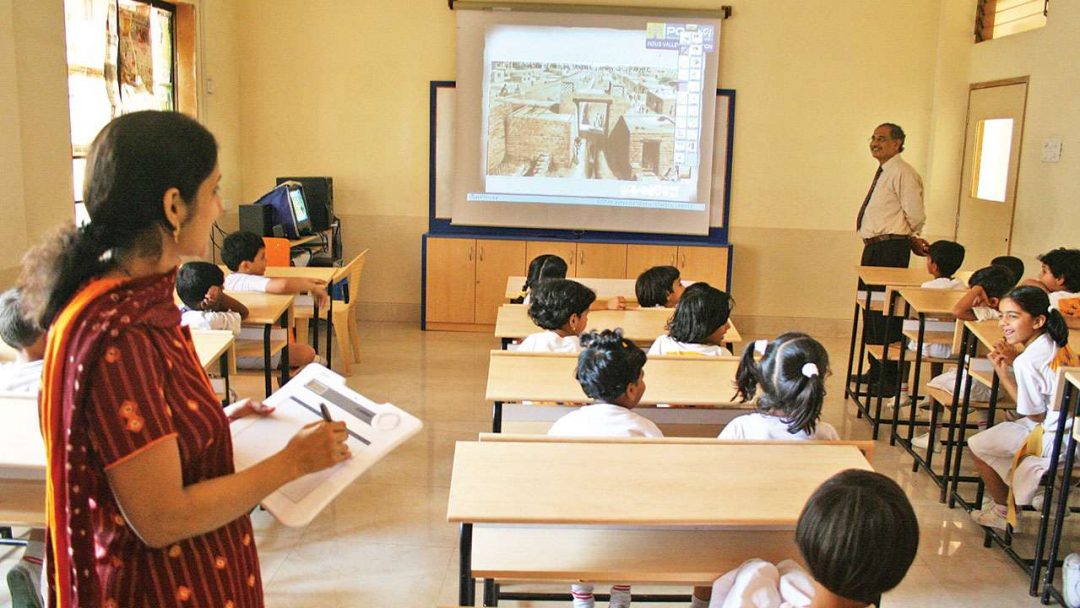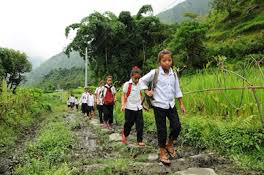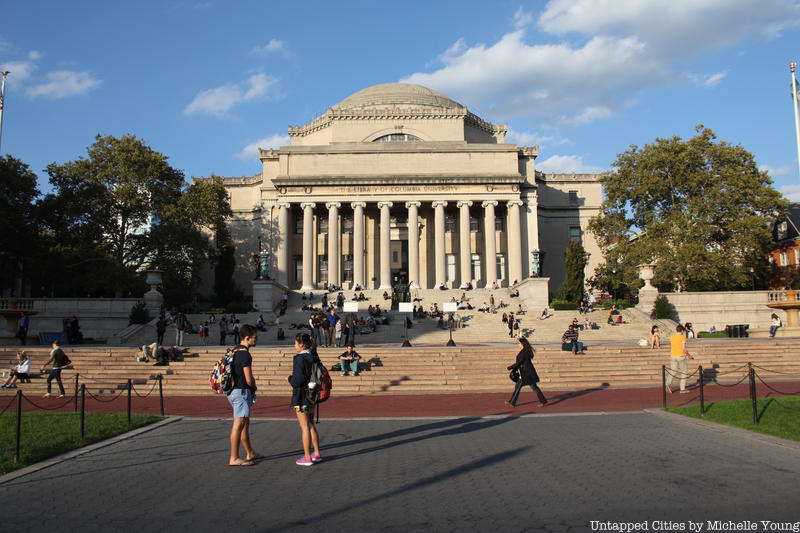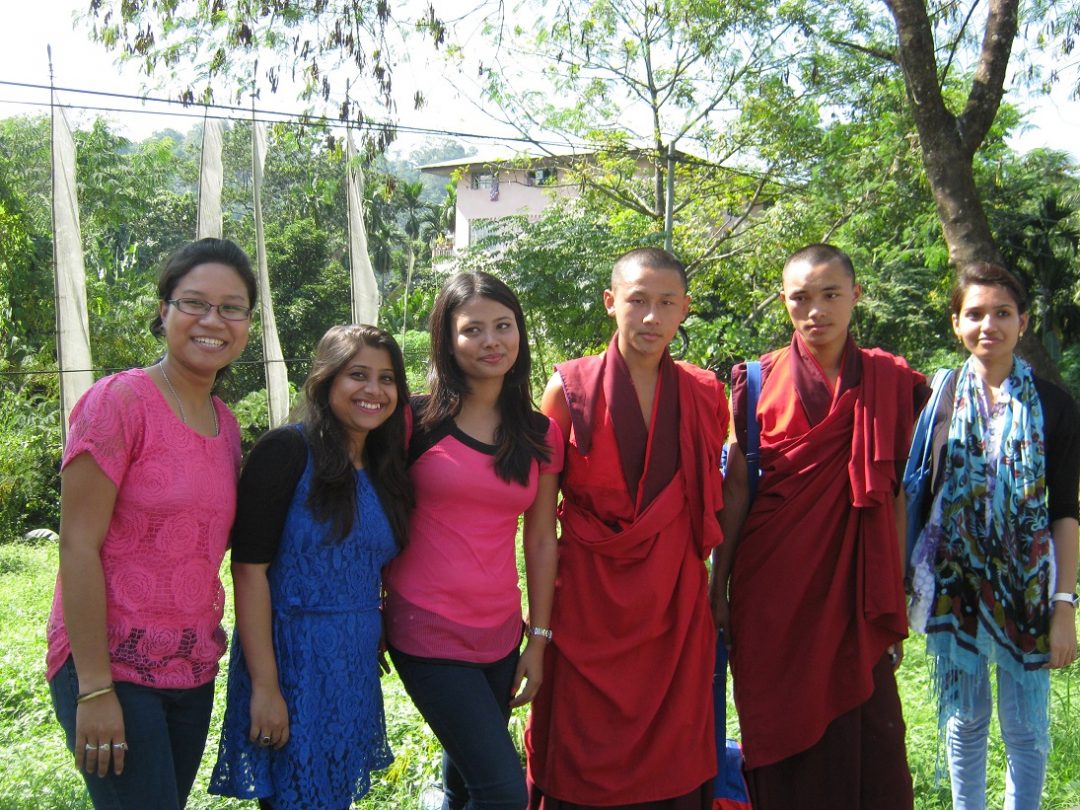The NEP has been approved by the Cabinet. Current and former HRD Ministers to jointly hold a press conference on the same at 4 pm. Several changes likely ahead for the Indian education system
National education policy, national education policy 2020, new national education policy, new education policy, education policy 2020, new education policy 2020, hrd ministry, hrd education policy, hrd ministry education policy 2020, mhrd, mhrd education policy, education policy news, new education policy news, new education policy 2020 news, hrd ministry live, live hrd ministry, hrd ministry live news
Education Policy gets a nod from Cabinet
New Education Policy 2020 HIGHLIGHTS: The Union Cabinet on Wednesday approved the new National Education Policy (NEP) and renamed the HRD Ministry as Education Ministry. Making the announcement, Union Ministers Prakash Javadekar and Ramesh Pokhriyal Nishank said there would be a single regulator for all higher education institutions and MPhil would be discontinued.
In a bid to ramp up digital learning, a National Educational Technology Forum (NETF) would be created. “E-courses will be developed in eight regional languages initially and virtual labs will be developed,” Amit Khare, Higher Education Secretary, said.
Top 100 foreign colleges will be allowed to set-up campuses in India. According to the HRD Ministry document, listing salient features of policy, “such (foreign) universities will be given special dispensation regarding regulatory, governance, and content norms on par with other autonomous institutions of India.”
Standalone Higher Education Institutes and professional education institutes will be evolved into multi-disciplinary education. “There are over 45,000 affiliated colleges in our country. Under Graded Autonomy, Academic, Administrative and Financial Autonomy will be given to colleges, on the basis of the status of their accreditation,” he further said.
The committee — which suggested changes in the education system under the NEP — was headed by former ISRO chief K Kasturirangan. The NEP was drafted in 1986 and updated in 1992. The NEP was part of the election manifesto of the ruling Bhartiya Janta Party (BJP) ahead of the 2014 elections.
HIGHLIGHTS
All education institutes to be audited as ‘not for profit’ entities
All education institutions will be held to similar standards of audit and disclosure as a ‘not for profit’ entity. Surpluses, if any, will be reinvested in the educational sector, as per the NEP. There will be transparent public disclosure of all these financial matters with recourse to grievance-handling mechanisms to the general public. All fees and charges set by private HEIs will be transparently and fully disclosed, and there shall be no arbitrary increases in these fees/charges during the period of enrolment of any student.
What is Lok Vidya
BVoc degrees introduced in 2013 will continue to exist, but vocational courses will also be available to students enrolled in all other Bachelor’s degree programmes, including the four-year multidisciplinary Bachelor’s programmes. ‘Lok Vidya’, that is, important vocational knowledge developed in India, will be made accessible to students through integration into vocational education courses.
Vocational courses to be part of mainstream courses
Vocational education will be integrated into all schools and higher education institutions in a phased manner over the next decade. By 2025, at least 50% of learners through the school and higher education system shall have exposure to vocational education, for which a clear action plan with targets and timelines will be developed.
What is Academic Bank of Credit?
An Academic Bank of Credit (ABC) shall be established which would digitally store the academic credits earned from various recognized HEIs so that the degrees from an HEI can be awarded taking into account credits earned. For instance, now if a student covers a topic related to his or her degree
Indian Sign Language (ISL) will be standardised across the country: PM
What are the changes in the curriculum?
Imaginative and flexible curricular structures will enable creative combinations of disciplines for study, and would offer multiple entry and exit points. Curricula of all HEIs shall include credit-based courses and projects in the areas of community engagement and service, environmental education, and value-based education.
What do multiple exit options in degrees mean?
The undergraduate degree will be of either 3 or 4-year duration, with multiple exit options, as informed by the Education Ministry. After completing one year, a student will get a certificate in a discipline or field including vocational and professional areas, a diploma if a student leaves after 2 years of study, or a Bachelor’s degree after a 3-year programme. The 4-year multidisciplinary Bachelor’s programme, however, shall be the preferred option and will give degree with research if a student has pursued a project along with it.
Higher education institutes to be divided into further categories
Research-intensive Universities. Those that place greater emphasis on teaching but still conduct significant research i.e. Teaching-intensive Universities. Autonomous degree-granting College (AC) will refer to a large multidisciplinary that grants undergraduate degrees and is primarily focused on undergraduate teaching though it would not be restricted to that.
By 2030, one large multidisciplinary college in every district
By 2040, all higher education institutions (HEIs) shall aim to become multidisciplinary institutions, each of which will aim to have 3,000 or more students. There shall, by 2030, be at least one large multidisciplinary HEI in or near every district. The aim will be to increase the Gross Enrolment Ratio in higher education including vocational education from 26.3% (2018) to 50% by 2035.
NEP to follow three-language formulae, Sanskrit to be mainstreamed
Sanskrit will be mainstreamed with strong offerings in school – including as one of the language options in the three-language formula – as well as in higher education. Sanskrit Universities too will move towards becoming large multidisciplinary institutions of higher learning.
NEP was requirement for New India
Foreign universities to set-up campuses in India
Under the NEP the world’s top 100 foreign universities will be “facilitated” to operate in India through a new law. According to the HRD Ministry document, listing salient features of policy, “such (foreign) universities will be given special dispensation regarding regulatory, governance, and content norms on par with other autonomous institutions of India.”
IITs asked to take holistic approach
Even engineering institutions, such as IITs, will move towards more holistic and multidisciplinary education with more arts and humanities. Students of arts and humanities will aim to learn more science and all will make an effort to incorporate more vocational subjects and soft skills.
Music , arts and literature to be taught in all colleges
Departments in Languages, Literature, Music, Philosophy, Indology, Art, Dance, Theatre, Education, Mathematics, Statistics, Pure and Applied Sciences, Sociology, Economics, Sports, Translation and Interpretation, etc. will be established and strengthened at all higher educatio institutes.
All institutes to be research institutes
By 2040, all higher education institutions (HEIs) shall aim to become multidisciplinary institutions, each of which will aim to have 3,000 or more students.
UG colleges to be more autonomous
Undergrad autonomy, academic, administrative, and financial autonomy will be given to colleges, on the basis of the status of their accreditation. India has over 45,000 affiliated colleges
Single common entrance exam for all colleges
The common Entrance exam for all higher education institutes to be held by NTA. The exam will be optional and not mandatory.
Report card to have assessment by teacher, peers
Life skills to be taught every year. Report card to have reviewed from teachers, peers, and students as well. Review assessment of performance. AI-based assessment of each year to be given to the student.
A draft of the NEP was put on public display by the government. Feedbacks on the same were sought from all stakeholders. The ministry had claimed to have received over two lakh suggestions for the same. After discussion, the final policy was approved by the cabinet as on July 29, 2020.

